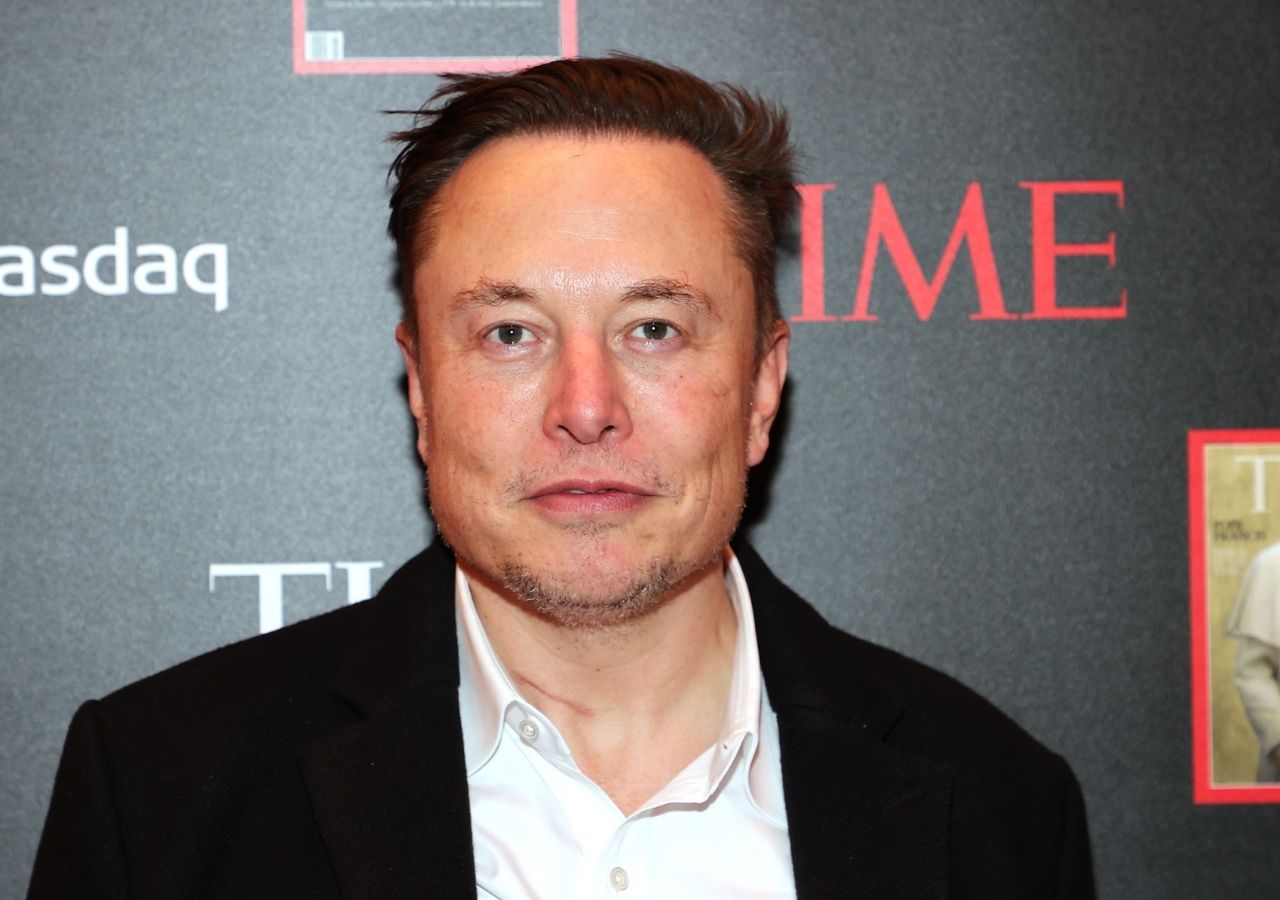Everything
Tesla multi-billionaire Elon Musk was recently named Time’s Person of the Year, an accolade that is given to a person that “most affected the news and our lives, for good or ill, and embodied what was important about the year.”
While we all know that not all news is good news – seemingly, it’s been a whole lot of bad news in recent years – there also is that notion that those who consistently make the news for all the wrong reasons (à la Elon Musk) are very powerful people, and being very powerful isn’t always a good thing.
In 1938, Time named Adolf Hitler as their Person of the Year. In ’42, it was Joseph Stalin. Bad men who had a massive impact on the world, but not in any way, shape or form positive.
We’re not here to bundle Elon Musk with the aforementioned dictators recipients, but there’s a vast number of voices calling Time’s decision a pure sell, not only for reasons that Elon Musk perhaps doesn’t deserve this title but also the fact that he is really, at the core, not a very good guy.
Summing up Elon Musk perfectly are the guys at ‘Behind the Bastards‘ the podcast, mentioning there are two competing Elon’s presented to the public: the first is the Elon that his fans/fanboys see; the awkward genius, driven maniacally to save the world and so obsessed with himself that he fails to see the needs or cater to the feelings of normal people. The second Elon is just another sociopathic billionaire that treats the people who make his wealth possible like shit.
Musk seems to blur the lines between eccentricity and being a bad person, and the more he plays the ‘games‘ he does, the worse it comes off for him.
Elon Musk (@elonmusk) is TIME's 2021 Person of the Year #TIMEPOY https://t.co/8Y5BhIldNs pic.twitter.com/B6h6rndjIh
— TIME (@TIME) December 13, 2021
Put aside his skewed views on tax, unions and COVID-19, “this is the man who aspires to save our planet and get us a new one to inhabit.” At surface level, sure, there are a lot of good things to be said about Musk. Breaking the rules of the automotive industry with Tesla and changing spaceflight with SpaceX are both good things.
Arguably, his biggest achievement to date is indeed the creation of Tesla, making electric cars and solar homes not only viable, but desirable for generations of people, young and old. The idea of essentially creating a new market in electric vehicles that could not only compete with the best in terms of style and performance, but also make the electric in the automotive world somewhat sexy hasn’t been done before. Tesla’s demand is now so high that owning one yourself is almost impossible – or just a really long wait.
“For a long time, the rest of the auto industry was basically calling Tesla and me fools and frauds,” Musk said in an interview with the Financial Times.
“They were saying electric cars wouldn’t work, you can’t achieve the range and performance. And even if you did that, nobody would buy them.”
His sustained success over multiple companies, from PayPal to SpaceX, also proves that he’s not just a one-hit-wonder. His amounted wealth also goes back into future endeavours, rather than succumbing to a profligate lifestyle.
But unfortunately, on paper, the bad outweighs the good.
His overuse and over-sharing of social media, especially as a CEO and founder, is borderline dangerous. There’s no denying his influence and reach with 66 million Twitter followers is considerable, and the fact that some of his past Tweets have not only gone viral but attracted a large percentage of impressionable viewers is plain concerning. His hold over an army of loyal followers (fanboys) and investors on social media, where he skewers the powerful and also regulators attempting to keep in check, is far from traditional, Time’s also noted.
Promoting months and months of misinformation around the Coronavirus – or perhaps downplaying its significance – was also senseless, just as much as his ironic COVID-positive infection that kept him out of his own SpaceX launch.
“Some of them were definitely extremely dumb,” Musk once told his biographer, Ashlee Vance.

His ability to swing a stock market with the push of a Tweet in no way should be regulated, either. He promotes, whether publicly or not, a toxic work culture and a greater union issue, begging the question of why people continue to work for him? He has repeatedly gone and busted unions and kept them out of every single one of his companies to ensure his employees don’t have basic protections, similar to that of Jeff Bezos at Amazon.
His attitude to tax is dismal, opposing a ‘billionaires tax’ floated by many a politician in the United States.
Let’s change the rigged tax code so The Person of the Year will actually pay taxes and stop freeloading off everyone else. https://t.co/jqQxL9Run6
— Elizabeth Warren (@SenWarren) December 13, 2021
Oh, and there’s that story floating around about a little Emerald mine in Africa his family once owned and profited off, with said mine connected to basic slave labour and apartheid.
The list goes on.
But at the end of the day, Elon Musk is Time’s Person of the Year, and that’s something we all just have to live with, as insufferable and pompous as It may be.
“[Elon] is a man of his time. For creating solutions to an existential crisis, for embodying the possibilities and the perils of the age of tech titans, for driving society’s most daring and disruptive transformations,” said Time’s magazine’s editor-in-chief, Edward Felsenthal.
Do you agree?